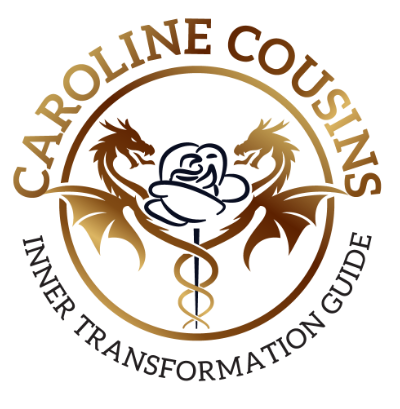The Philosophy Behind Ho’oponopono

The Philosophy Behind Ho’oponopono
The Ho’oponopono “technique” is fundamentally about releasing self-judgement. Now, I need to be clear here. I have never trained in this wonderful philosophy or technique but have learned it along the way and used it on myself and instructed many, many clients to use it (in the way I have) and had terrific success with it, so please, if you would like to learn the philosophy of it, find a trained practitioner who has undergone a proper course. Nevertheless, what I have taken from it and used has been highly effective but I am often asked by clients why they are the ones that need to say sorry instead of the people that caused harm to them? Well, fundamentally, we work on the assumption that when we are judging others we are really only judging ourselves and that there is only us in our individual reality so everyone, at some level, is a reflection of us. Imagine, then, every single person out there is you having a different experience. Keep that in mind and you will soon find that the way you treat others changes significantly, particularly when you, or they, are having a bad day. Therefore, when we hold blame, shame, guilt, anger, judgement on another, it is really only a judgement on ourselves at some level.
As we go through the process of repeating out loud those four cathartic lines of: “I am sorry, please forgive me, thank you, I love you”, we are accepting the judgement that lies within ourselves about us or, if you like, that piece of our consciousness that has separated from us that keeps us in the state of not believing we ARE love and therefore keeps us in “victim” state. Victim state is only ever about separation [from the whole]. Yes we can be victims in life to situations but when we hold on to that energy and prolong that experience, it means that we see ourselves as separate from what is causing us harm and therefore, at some level, becomes a judgement on ourselves. Why else would we hold on to being a victim unless it was serving us in some distorted way at a deeper level.
So the anger towards your mother or father (or anyone else) is really an internal judgement about yourself projected on to them. That does not, of course, condone their behaviour towards you but the process of releasing that judgement will free you from the emotional attachment to their behaviour. So, if you like, you can still keep the memory but not allow the power of that emotion you felt at that time to control you anymore. You don’t have to like the way they behaved but you can empower yourself by letting go of that victim energy from their actions or words and so release the emotional attachment from the experience.
If you are holding judgement on another – e.g. anger at your mother or father (or anyone else), then you have basically said, “I am giving your actions/words power over me and I am going to hold on to that experience to punish myself”. Holding on to that experience emotionally is an act of violence towards ourselves and therefore is only ever going to be self-punishment and we only ever punish ourselves when we blame ourselves for something. So at every level you are blaming yourself for the way they behaved and believing, at deeper levels, that it was your fault. The process of using Ho’oponopono, will free you from that judgement because it gets you in touch with those parts of that consciousness that have separated (believing you are “broken and separate from the whole”) and you are basically pulling them in, embracing them and making them part of you again as you feel them. It is an empowering process for you, not a process that condones their behaviour.
So, to sum up, through using this technique you are accepting those judgements you hold within you to free yourself from others’ behaviour NOT to condone their behaviour. How others account for their actions is their journey of self-discovery. To use this technique is to bring you freedom from anyone else having power over you, through releasing judgements and programming at subconscious levels within. For it to be effective every line that is spoken must be felt sincerely, as if the person is standing right in front of you. You feel into the sentences and repeat them over and over and over until the emotion has surfaced and been released and you feel at peace. Saying them is not enough. The secret is to feel as it is the feeling that is creating the buried judgement. Voicing the sentences out loud, on your own, closing your eyes and saying them in your imagination to the person in front of you will bring about profound release and freedom.





